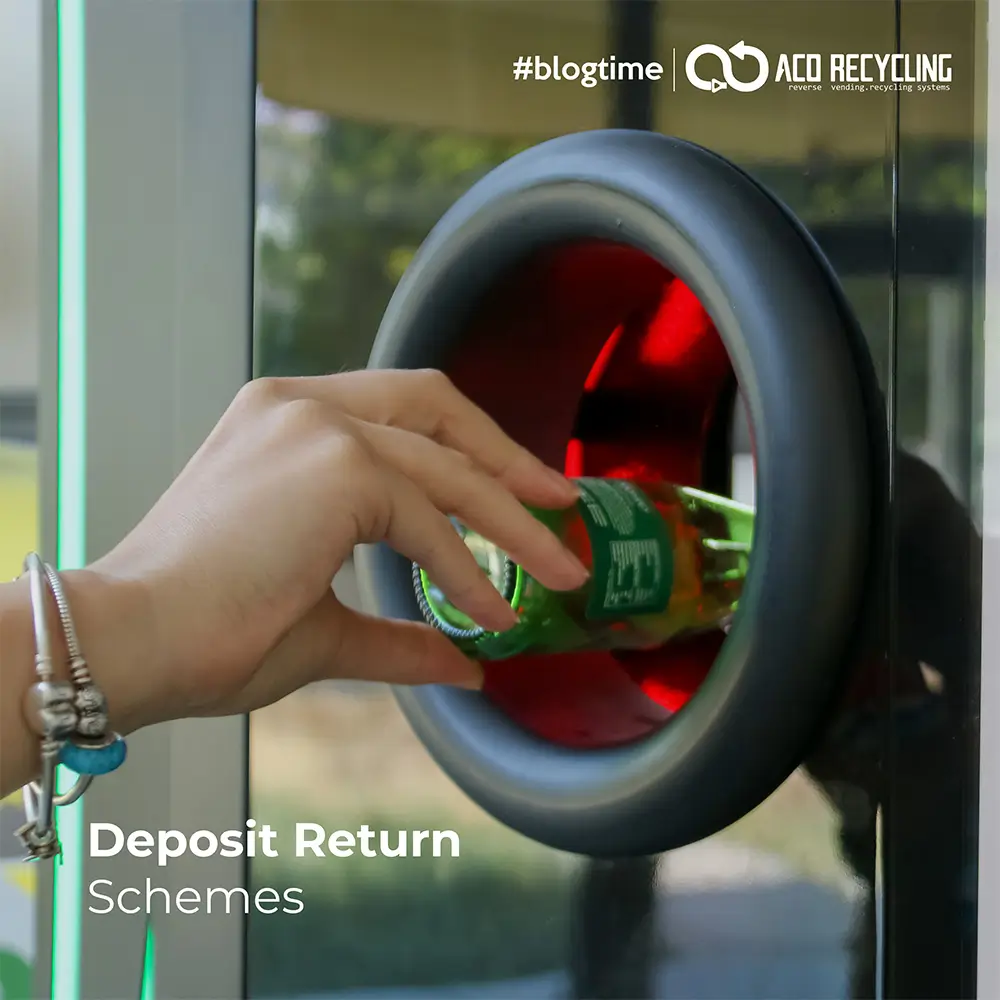
Exploring Deposit Return Schemes: Benefits, Challenges, and Global Implementation
Introduction:
Deposit return schemes (DRS) are initiatives aimed at incentivizing individuals to return used beverage containers for recycling or reuse. These schemes, operational in numerous countries and expanding globally, are pivotal in combating litter and enhancing recycling rates.
What is a DRS?
A deposit return scheme entails consumers paying a nominal fee upon purchasing specific containers like bottles or cans, which is reimbursed upon returning the container. This mechanism serves to promote recycling and curb littering.
Who runs DRS?
DRS may be administered by either governmental bodies or private entities, with variations in scheme specifics such as covered container types, deposit amounts, and return processes based on location and implementation model.
Which countries have DRS?
Currently, DRS are active in 46 jurisdictions, including Canadian provinces, Australian states, select US states, various European countries, Israel, and some Caribbean nations. Additionally, fifteen other countries have announced plans to introduce similar schemes by 2023, with the European Union setting a target for all member states to adopt DRS by 2025.
What are the benefits of DRS?
DRS offer several advantages:
– Litter reduction: Encouraging container returns diminishes litter in public spaces.
– Increased recycling rates: Incentivizing returns elevates recycling rates, conserving resources and reducing emissions.
– Job creation and economic growth: DRS operations stimulate employment and economic activity in the recycling sector.
– Cost-effectiveness: Efficient recovery and recycling through DRS reduce associated collection and disposal costs.
– Behavioral shift: DRS foster environmentally conscious consumption and disposal habits, promoting long-term sustainability.
What are the challenges of DRS?
DRS encounter challenges including:
– Implementation costs: Establishing infrastructure like collection points and vending machines requires substantial investment.
– Operational expenses: Ongoing maintenance, administration, and fraud prevention incur continuous costs.
– Consumer convenience: Returning containers to designated points may inconvenience some consumers.
– Industry resistance: Beverage producers or retailers may oppose DRS introduction due to market share or profit concerns.
Conclusion:
Deposit return schemes are pivotal in waste reduction and recycling enhancement for beverage containers. While widely successful, these schemes necessitate careful consideration of challenges and collaboration among stakeholders to ensure optimal outcomes for both society and the environment.
References
: https://reloopplatform.eu/wp-content/uploads/2020/12/Global-Deposit-Book-2020.pdf
: https://renewablematter.eu/articles/article/making-empties-count-deposit-return-schemes-across-the-world
: https://ec.europa.eu/environment/waste/packaging/pdf/deposit_return_schemes.pdf
: https://www.acorecycling.com/blog/which-countries-are-planning-to-implement-deposit-return-scheme-within-5-years/

